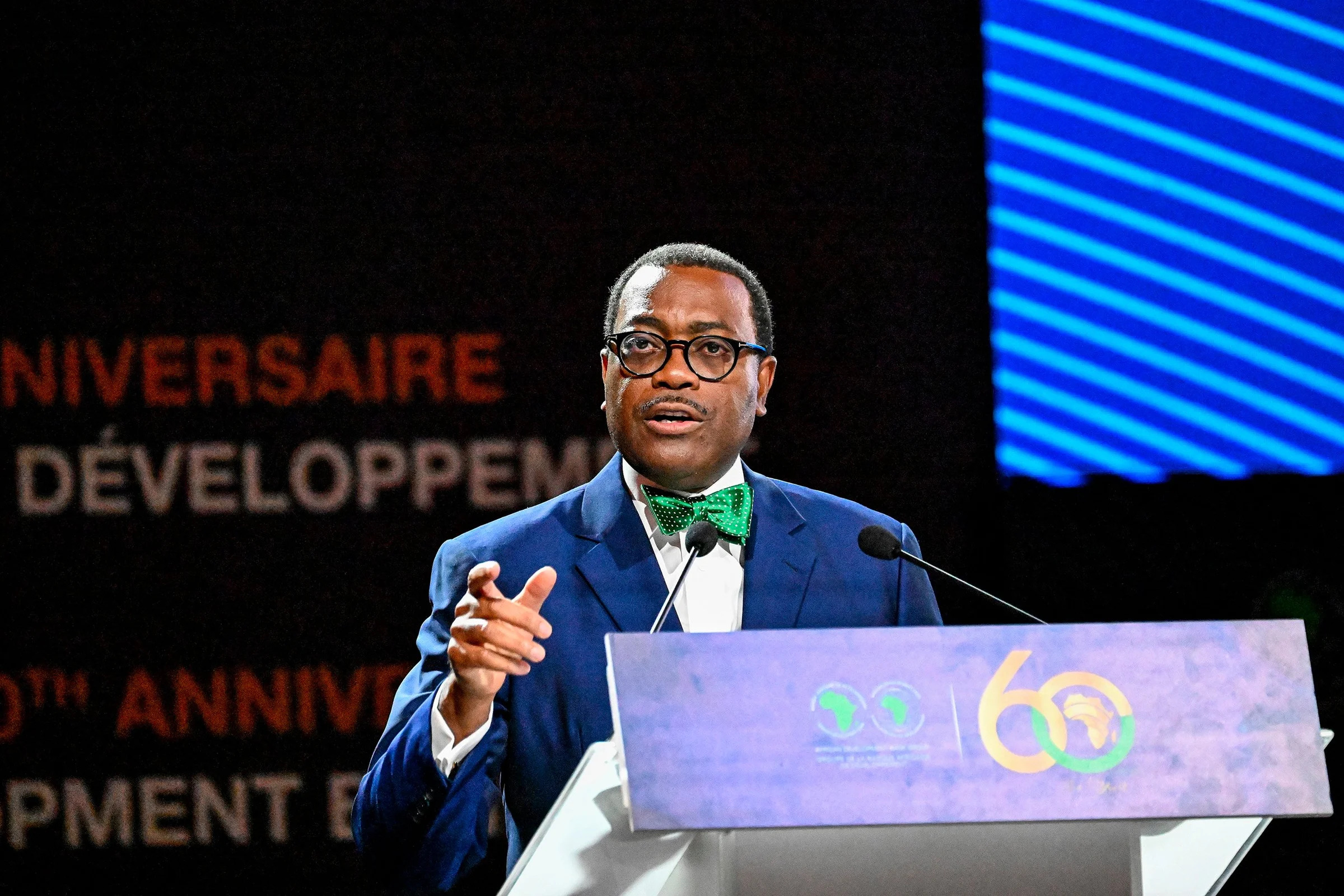
The African Development Bank (AfDB) Group’s board of governors will today elect a new president to succeed Akiwunmi Adesina, who has completed his term in office.
Some five candidates, including a female, from various African countries, are vying to succeed Adesina as the bank’s 9th president.
Based in Abidjan, Ivory Coast, AfDB is one of the world's largest multilateral development banks, and is funded by member subscriptions, loans raised on global markets, as well as repayments and income from loans.
The bank was founded in 1964 and now has 81 members, including 54 African nations.
Two of the five candidates are from West Africa. They are former finance ministers Amadou Hott (Senegal) and Sidi Ould Tah of Mauritania.
Zambian economist Samuel Munzele and South African Bajabulile Tshabalala, who was previously a vice president at the institution, will represent southern Africa.
Chadian Abbas Mahamat, who is a former governor of the Bank of Central African States, will represent Central Africa, which has never held the AfDB presidency.
To win the election, candidates must secure a majority of votes from all member countries and a majority of votes from African nations.
Article 9 of the rules of procedure governing the election of the president as amended (the "Election Rules") provides that a candidate shall be elected if he or she obtains at least 50.01% of the total votes of the regional (African) member countries and at least of 50.01% of the votes of all member countries, (regional and non-regional) of the Bank.
This is also termed "double majority votes".
The president is elected by the board of governors of the bank, composed of representatives of the 81 member states, who are usually ministers of finance, planning or central bank governors or their duly designated alternates.
If there is no winner in the first round, the candidate with the fewest votes is eliminated, a process that repeats until a candidate achieves the required majority.
In 2015, it took six rounds of voting to elect Adesina as the president.
The chairperson of the board declares elected as president of the bank the candidate who obtains the requisite double majority vote.
“Following such declaration, the Chairperson of the Board of Governors shall then invite the President-elect to present him or herself to the Board of Governors in his or her capacity as the President-elect of the Bank (Article 9 of the Election Rules),” the bank's election rules state.
The president serves for five years but is eligible for reelection for a final term.
During a past meeting, Adesina stated that the bank's capital has more than tripled from $93 billion (Sh12 trillion) in 2015 to $318 billion (Sh41 trillion) this year.
Adesina assumed office on 1 September 2020, following his re-election for a second term on 27 August 2020.
Accordingly, his term of office will elapse on 31 August 2025.





![[PHOTOS] Ruto and Raila share fish meal](/_next/image?url=https%3A%2F%2Fcdn.radioafrica.digital%2Fimage%2F2025%2F05%2F5003b8f6-969f-4b43-ba70-7ee9d3e620b9.jpg&w=3840&q=100)
![[PHOTOS] Kindiki visit brings Embu town to standstill](/_next/image?url=https%3A%2F%2Fcdn.radioafrica.digital%2Fimage%2F2025%2F05%2F4719736e-3251-4a99-aa0e-d1e2b85556ea.jpeg&w=3840&q=100)



